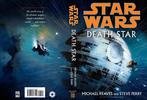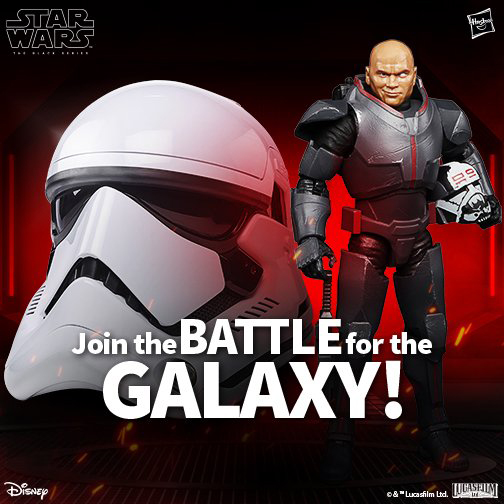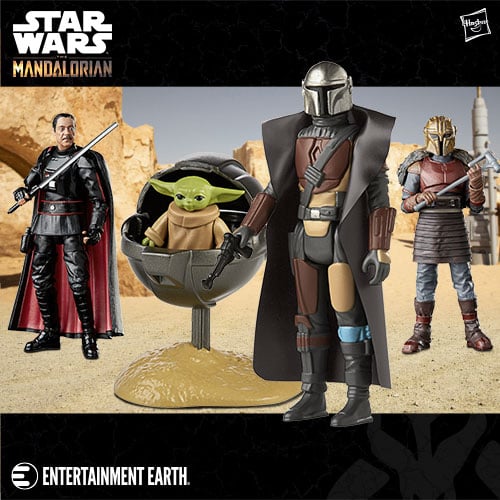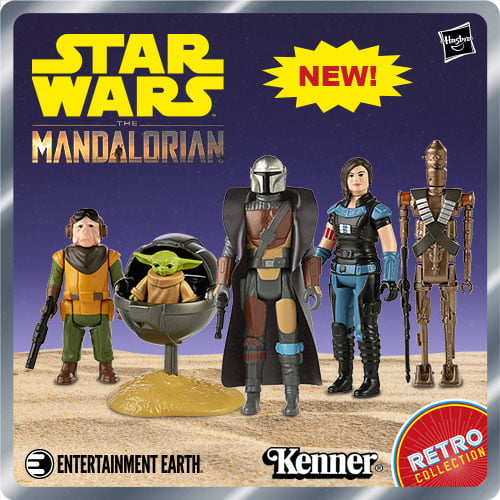3 Reasons Everyone Should Read Death Star Before Watching Rogue One
Posted by Dustin on July 18, 2016 at 05:36 PM CST
The novel Death Star, by Michael Reaves and Steve Perry, addresses several Imperial citizens’ lives before and during the events of Star Wars: A New Hope. While some criticize pieces of the book (for the variety of characters and a careful build-up, among other things) there are 3 reasons Star Wars fans should read the novel before watching the film Rogue One: A Star Wars Story, which will focus on stealing the Death Star plans:
Characters:
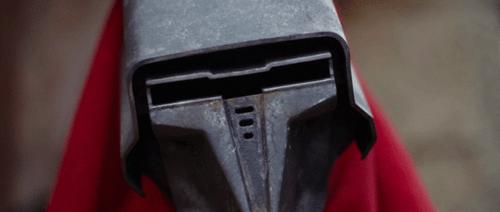
It’s absolutely critical for the Death Star novel to produce characters the audience cares about. Most of the audience will already understand what happens to the titular Death Star before reading the book, and as such, the novel presents several characters that the audience grows to appreciate and care for. The novel takes its time in constructing and presenting this dramatis personae, since, unlike the movie trilogies, the book only has one shot to present these people that the readers need to care about.
This is strikingly similar to how Rogue One needs to present itself—with a focus on the characters, and not so much the outcome of the plot. Whether it focuses on five characters or solely on Jyn Erso isn’t as important as the fact that the viewers of Rogue One need to be prepared for a hefty build-up of the cast as we sprint through the plot. This is more similar to a film like Saving Private Ryan, which develops and introduces characters throughout the movie, instead of the Harry Potter series, which can take its time throughout eight movies to cultivate its cast. Unlike The Force Awakens, which can also take its time in revealing Rey’s past or Kylo Ren’s motivation, Rogue One has to present a variety of people who won’t matter too much in the other films—and reading a novel that does just that, in the same time period, will help us better prepare for this focus that’s unique among Star Wars films.
Depth:
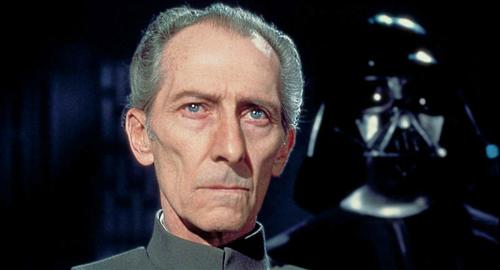
Death Star also bears a striking resemblance to the depth we’ll see in Rogue One in exploring one side of a war—Rogue One will give us a much more thorough look into the side its characters sympathize with. Understanding Jyn Erso—along with several of her teammates—will help us better comprehend why one would join a floundering resistance, or why one might even oppose it. Rogue One will delve deep into why the low-ranking soldiers would ever join and stay, as opposed to the reasons behind high-level Rebels like Princess Leia, General Solo, and Master Skywalker. However, to get a fuller look at all of these reasons, it would be better to understand the other side of the argument—and Death Star gives just that.
Death Star offers an intriguing viewpoint on many mindsets within the Empire. While it’s not technically canon, it still presents thought-provoking perspectives from the Imperial government—ranging from Darth Vader’s innermost thoughts and pleasures to Grand Moff Tarkin’s unfiltered confidence in his own Tarkin Doctrine. The novel also explores the understandings of lower-level Imperials, just like Rogue One will do in taking a deeper look into the Rebellion’s ordinary soldiers. The explored perspectives of the novel include those of a Stormtrooper, a TIE Fighter pilot, a bartender, a political prisoner, a thief, and a doctor who all live on the Death Star. This gives the reader a wide spectrum on the opinions of those under the Empire’s rule, and this spectrum will help us more fully comprehend and analyze the reasoning behind similarly ranked characters in Rogue One.
Legend:
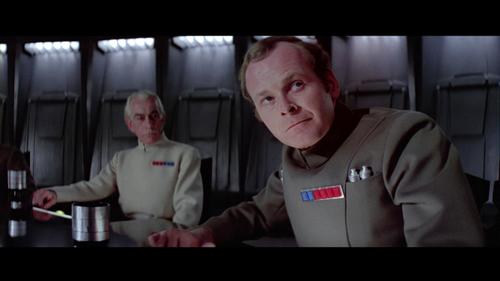
Admittedly, the Death Star novel doesn’t focus too much on the Death Star’s structure itself—instead, it offers views on the legend of the Death Star, much like Rogue One will do. Watching Rogue One will provide the outlook that the Rebels have over this massive superweapon, and give us a clearer look at the galaxy’s attitude towards this station. Death Star complements this by peering into the heads of the Imperials—varying from the thoughts of low-life thieves to high-up officials like Admiral Motti and Grand Moff Tarkin—to see what they think of the station. This variety of opinions—ranging just as much as their owners, from awe and reverence for the Death Star to disgust and bewilderment—helps the audience understand just how much of an impact the weapon had within its own ranks and mirrors the perspectives we’ll see in Rogue One.
Understanding this impact will also help us appreciate the gravity of the actions within Rogue One. Of course, Mon Mothma and others will describe how imperative and dangerous it is to retrieve the plans of this massive machine, but to truly recognize how crucial and suicidal the mission in Rogue One is, one should consider the Empire’s perspective. The Death Star novel offers exactly that. It contrasts the view of the Death Star that the Rebels have by expanding on the fears of those Imperial citizens who know they could suffer under the superweapon’s mercy, explaining the true motivations of Tarkin in building what he considers “a monster tamed and under [his] control,” and delving into the thoughts of Admiral Motti when he states that the station is “now the ultimate power in the universe.”
While it’s not canon, Death Star gives a thorough look at many characters—like Rogue One will need to—and provides a sense of depth into the ideology and rigors of normal life in the Empire (something we’ll get more of in Rogue One than with the heroes’ stories of the trilogies). Perhaps most importantly, reading this novel helps the reader understand the militaristic and cultural impact of the space station that Rogue One will concentrate so heavily on, and prepares Star Wars fans for fully comprehending and appreciating whatever they will see in theaters.
This article was written by J.Q. Ronan, and published here with his permission. You can follow his blog right here! He's Also on Twitter and Facebook! If you are interested in sharing original content here on TheForce.net please contact us.
Related Stories:
Star Wars Memories: My Time In The (Death Star) Trenches
* What was the last movie you saw? (Ver. 2)
* The US Politics 2.0 Discussion Thread
* Free Association Thread.
* The Official NFL Discussion Thread (Now Featuring Time's Person of the Year, Taylor Swift!)
* The US Politics 2.0 Discussion Thread
* Free Association Thread.
* The Official NFL Discussion Thread (Now Featuring Time's Person of the Year, Taylor Swift!)



